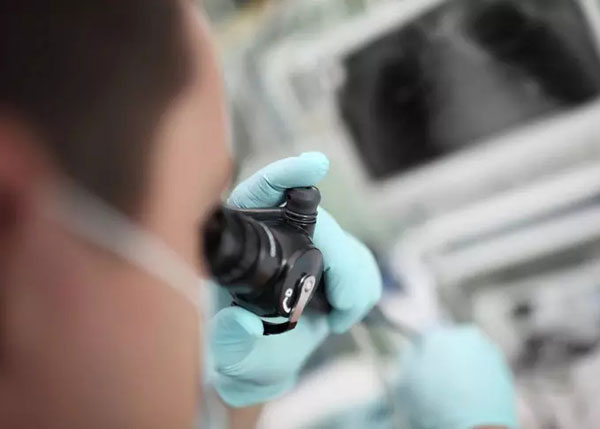Endoscopy

Endoscopy, an integral method of examining digestive diseases, endoscopy is used in the diagnosis, monitoring, and treatment of such diseases. Having been around for nearly 40 years, the method can be used for early diagnosis and treatment of many diseases. With technological progress, the quality and variety of devices available for endoscopy are becoming more and more sophisticated. The most critical factor in determining the success of endoscopy is the use of the method for the right patient and by the right specialist. To obtain the desired results from the procedure, it should be performed by a general surgeon or gastroenterologist trained in endoscopy.
What is Endoscopy?
Endoscopy is a procedure to examine the gastrointestinal system, including the esophagus, stomach, duodenum, and colon, using a long, thin tube called an endoscope which has a small camera with a light at the end. It is an extremely reliable and effective way to detect substances that cause indigestion. It can be utilized to diagnose diseases and is also widely used to treat gastrointestinal bleeding and remove polyps in the stomach. If a tumor is detected during the procedure, a biopsy may be performed to make a definite diagnosis and test for the presence of a bacterium called Helicobacter pylori in the stomach. Endoscopy is categorized into gastroscopy and colonoscopy. A gastroscopy examines the stomach and part of the duodenum, while a colonoscopy examines the large intestine, colon, and terminal ileum.
Who needs an endoscopy?
- Those who suffer from stomach-ache and anaemia
- Those who complaints such as dysphagia, heartburn and acid reflux, heartburn and constant nausea and vomiting, fever and fatigue.
- Those who need to be monitored due to unexplained weight loss, those who have undergone bariatric surgery, and individuals who have had an endoscopy and taking medications.
- Those who vomit brown or red blood from the mouth or have black stools
- To insert a feeding tube into the stomach for patients who have to be fed through a gastric tube
- Patients who suffer from constipation for a long time and do not respond to medication
- People with rectal bleeding, ulcerative colitis and Crohn's disease
- Detection of abdominal wall defects, polyps, diverticula, tumors and vascular disease (vasculopathy)
- When suspicious lesions are detected as a result of examinations such as tomography and contrast radiography of the bowel and stomach, an endoscopy needs to be performed to take a sample out of these lesions.
- Those with a family history of digestive system tumors (especially in 1st-degree relatives)
Generally, there are no complications after an endoscopic procedure, but some patients may have a sore throat for a few days. Mild drowsiness or fatigue may occur due to sedation. However, you should see your doctor immediately if you experience abdominal pain, vomiting, bleeding from the mouth, fever, and difficulty breathing within 48 hours of the procedure.
